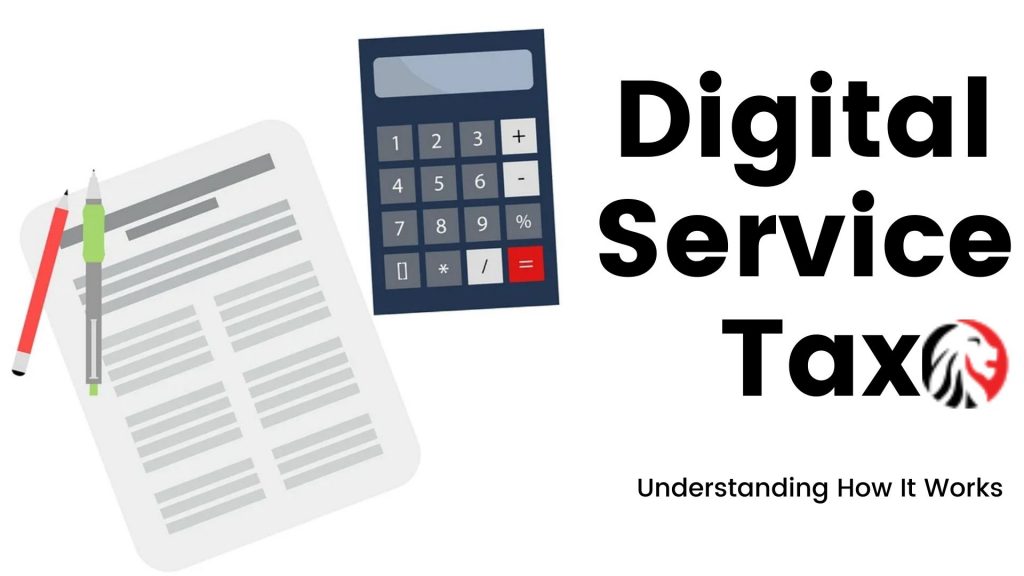advertisement
KRA Urgently Needs Your Opinion On That 1.5 Per Cent Digital Tax
The Kenya Revenue Authority (KRA) is inviting members of the public to participate in deciding how to tax Kenyans by…

The Kenya Revenue Authority (KRA) is inviting members of the public to participate in deciding how to tax Kenyans by giving comments on the proposed, and infamous, 1.5 per cent Digital Tax.
Members of the public have until August 24 2020 to submit their comments to the Commissioner-General for review. The tax will take effect in January 2021, and requires individuals and businesses that derive income from services through a digital market place to pay a 1.5 per cent tax on the gross value of their transactions.
The new digital tax additionally requires online businesses to charge and account for Value Added Tax (VAT) for the sales on e-commerce platforms. It further seeks to employ local tax representatives for online businesses that do not have a presence in Kenya as watchdogs.
advertisement
According to the Commissioner of Domestic Taxes, KRA, the digital service tax is intended to address the change in transactional models as well as expand the tax base.
Loss-making businesses now also have to pay taxes following the introduction of a Minimum Tax. The charge, in line with the Finance Act of 2020, requires all incorporated companies to pay a 1 per cent tax on gross turnover. The Finance Act also made changes to the VAT laws, removing VAT exemptions on inflatable tires, stoves, cookers, and specialized solar and wind energy equipment.
It also introduces an Import Declaration Fee, charging goods worth over Kshs 10,000 imported under the EAC Duty Remission Scheme a 1.5 per cent tax on customs value. IDF also removes exemptions on goods worth over Kshs 200 million earlier exempted on the grounds of public interest.
advertisement
KRA will raise the ceiling for residential Rental Income tax from Kshs 10 million a year to Kshs 15 million as well as raise the floor from Kshs 144,000 to Kshs 288,000 annually.